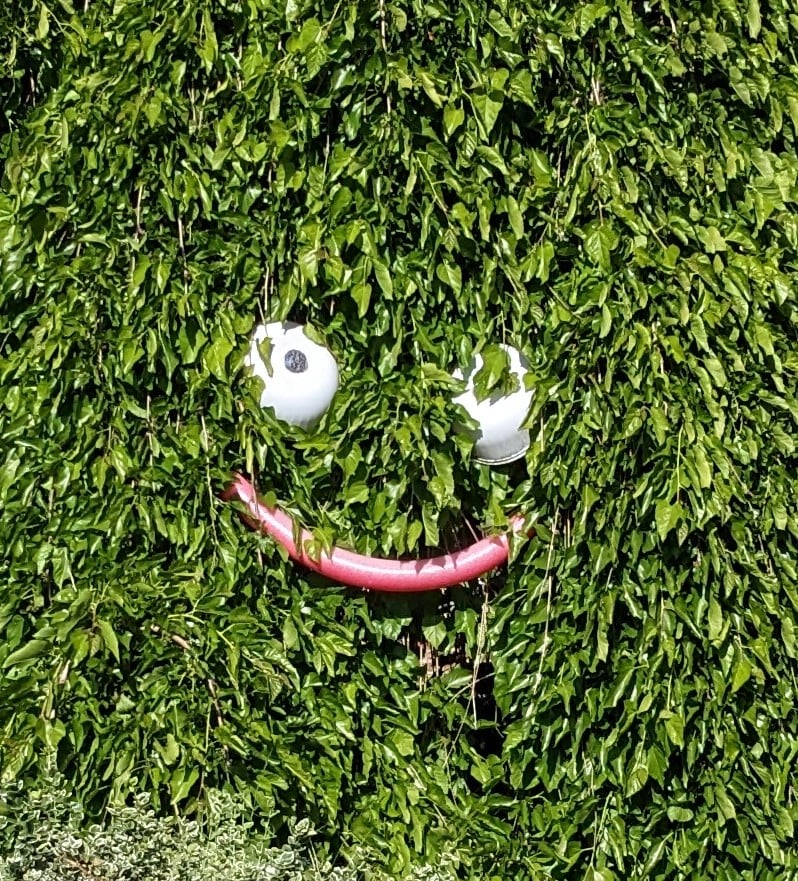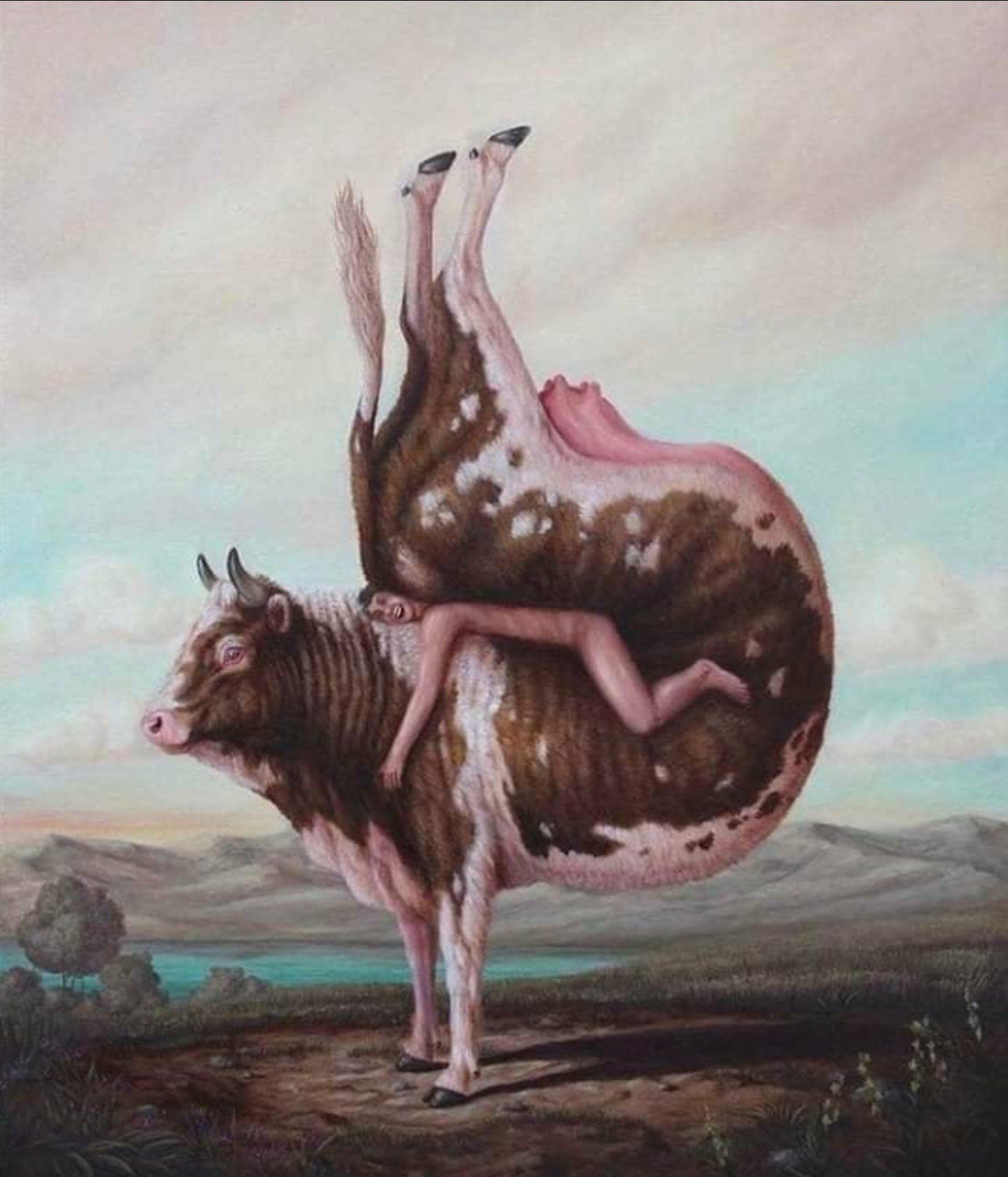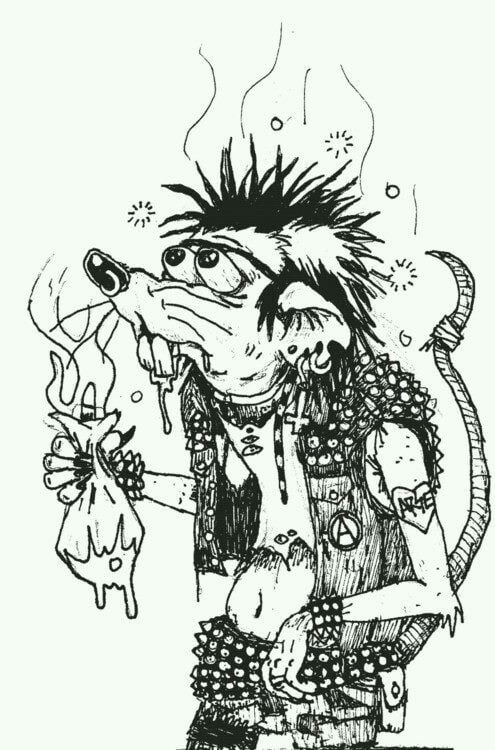- cross-posted to:
- [email protected]
- cross-posted to:
- [email protected]
WhY dO We NeEd bUgS?
💀
deleted by creator
Thinkimg about it, more humans is a terrible ecological effect as of current lifestyle and economics norms.
Mosquitoes specifically can all fuck off and die without anything really noticing. Anything that uses them as a food source has other options. They provide no net benefits in the way bees, spiders, worms, or basically anything else does.
The rest of the multi-legged realm is kind of really fucking important.
Even if there were some ecological consequences to wiping out mosquitos, they kill so many people that it’d probably be a net gain for us as long as we could do it in a precise and targeted way. Wiping them out without wiping everything else out is the hard part.
They food for other animals like fish, frogs, etc
Yes, I was trying to be sarcastic. I’m actually kind of an entomologist.
We need them but I’m not eating them
Why care if humans go extinct?
Even though things seem shitty now. I think that, on average, humanity’s story is one of self-improvement. This Good Place quote comes to mind:
What matters isn’t if people are good or bad. What matters is if they are trying to be better today than they were yesterday.
I think humanity is trying to be better today than it was yesterday. Human history is a story of more and more types of people being given more and more rights. Of slowly putting down our rocks and spears and guns and trying to live together. Of learning to care for nature while holding the power to destroy it. We’ve had backslides, but overall we’ve come a long way from the Apes we once were.
I think humanity deserves the chance to keep trying to better itself. I hope we get to the point where we are good enough to give ourselves that chance. As another scene from Good Place put it:
Come on dummy, faster.
I unironically agree with the premise.
Removed by mod
I’m a follower, not a leader. You go first.
Tried some time ago, do not recommend.
Yeah sure, let me just launch the nukes that I don’t have in a second. Or I could release the *NEW* COVID-23 DS Pro Plus Black Edition… aww fuck I don’t have a lab either to create a lethal virus.
Sorry, can’t do at the moment.
Understandable, have a nice day
Removed by mod
I’m kinda thankful that even if we kill ourselves off and most life on Earth, it’s almost certain that life will come back in full eventually. We’d have to do some real Earth -shattering stuff to prevent that.
I argue this point all the time and no one ever likes it. In order to eternally prevent as much suffering as possible, we need to cause a vacuum decay event. Otherwise something is always going to evolve to take humans place and then we’re in the same shitty boat.
That’s nice because it is always hard to find motivation for fundamental sciences. Stopping all suffering for good is so honorable! Particle physisics should include it in grant proposals.
TIL about vacuum decay. Thanks for sending me on that wiki trip.
🎶 That is how the world works, from A to Zebra to the worms in the dirt, that’s how it works 🎶
Can someone make the connection for me between mass insect die-off and civilizational collapse? Whenever I see this implied there’s research cited about why we should believe insects really are in trouble, but the rest of it is always handwaved. I looked it up and it seems like a large portion of crops do not actually require insect pollination. So wouldn’t that mean we would survive, albeit somewhat worse off, even if much of the ecosystem does not? Am I missing something here?
Every species is a food, resource, predator, or competitor for resources for another species, so a decline of one species can have ripple effects on many other species. I guess one example is that parasitic wasps keep caterpillars and aphid populations in check (caterpillars and aphids can cause huge crop losses).
I get that there are ripple effects, and that some of them might be unexpected, but I don’t see how it could translate into an apocalyptic scenario for human agriculture. If there was somehow an increase in the population of pest species, why wouldn’t variations on the techniques we already use for dealing with those (which mostly do not rely on other animals) ultimately work to handle it, at least enough to feed everyone?
Honestly I wouldn’t miss mosquitoes (at least the ones that bite humans).
You wouldn’t directly no. Except it’s food for a lot of animals and would be a huge problem soon enough
The thing is when populations are near extinction they have been at low enough levels usually to see what the effects are of their extinction for a long time. Furthermore no complains about random tiny species of bacteria going extinct even though overall bacteria are extremely vital to ecosystems
deleted by creator
It gives me an idea for a didactic game.
there’s a great board game around the idea of building a functioning ecosystem called Cascadia
And since its creator is a software developer, there’s also a free and OpenSource online version of it.
Thank you, i will look it. Maybe could use with my students.
fuck the future generation, as long as i get mine… am i right? /s
This is a great illustration of the problem (biosphere collapse). Not optimal, but better than the usual ones.
Definitely not optimal with what seems to be the domestic cow as one of the cards at the top.
? It’s demonstrating the support of the staple foods being based on other species.
Beef is not a staple food, it’s a luxury and it’s destroying the climate.
One exception: wasps. Those useless stupid motherfuckers can go extinct. Fuck’em.
Do you like tomatoes? https://ugaurbanag.com/tomato-hornworms-and-parasitic-wasps/
Oh, I will not listen to reason. This is personal.
Nope, even more reason to rid of those bastards
Don’t mistake my apathy for ignorance.
Well it’s either ignorance, stupidity or malevolence.









